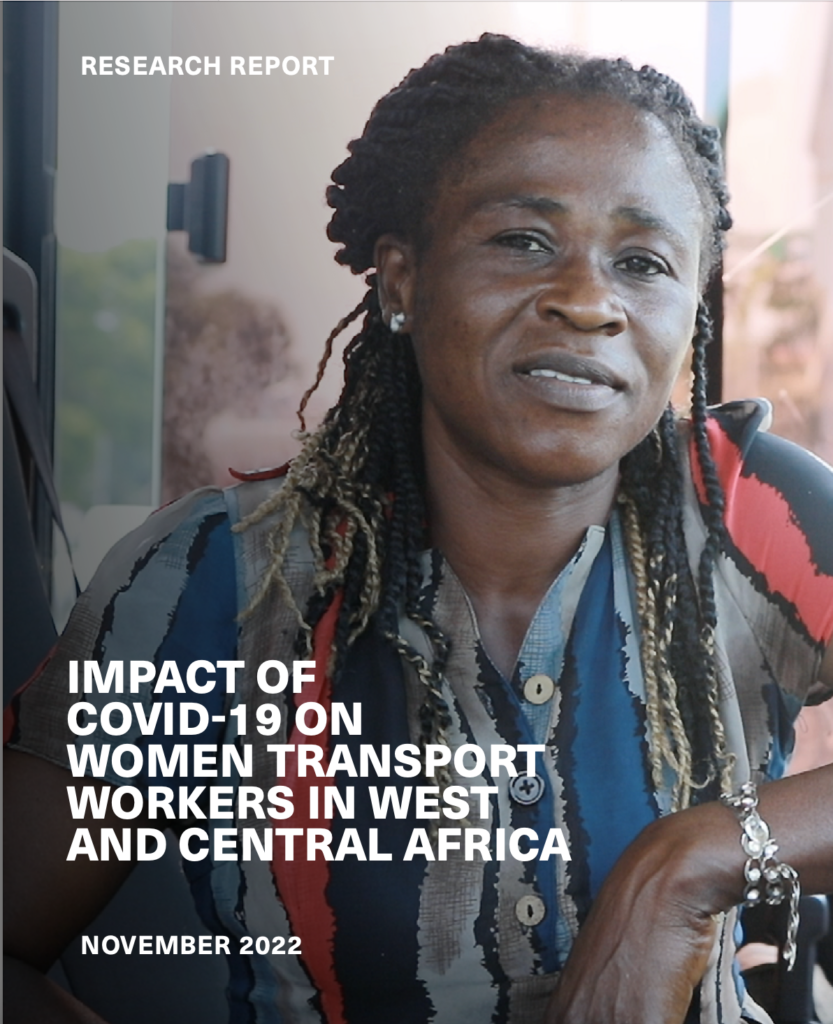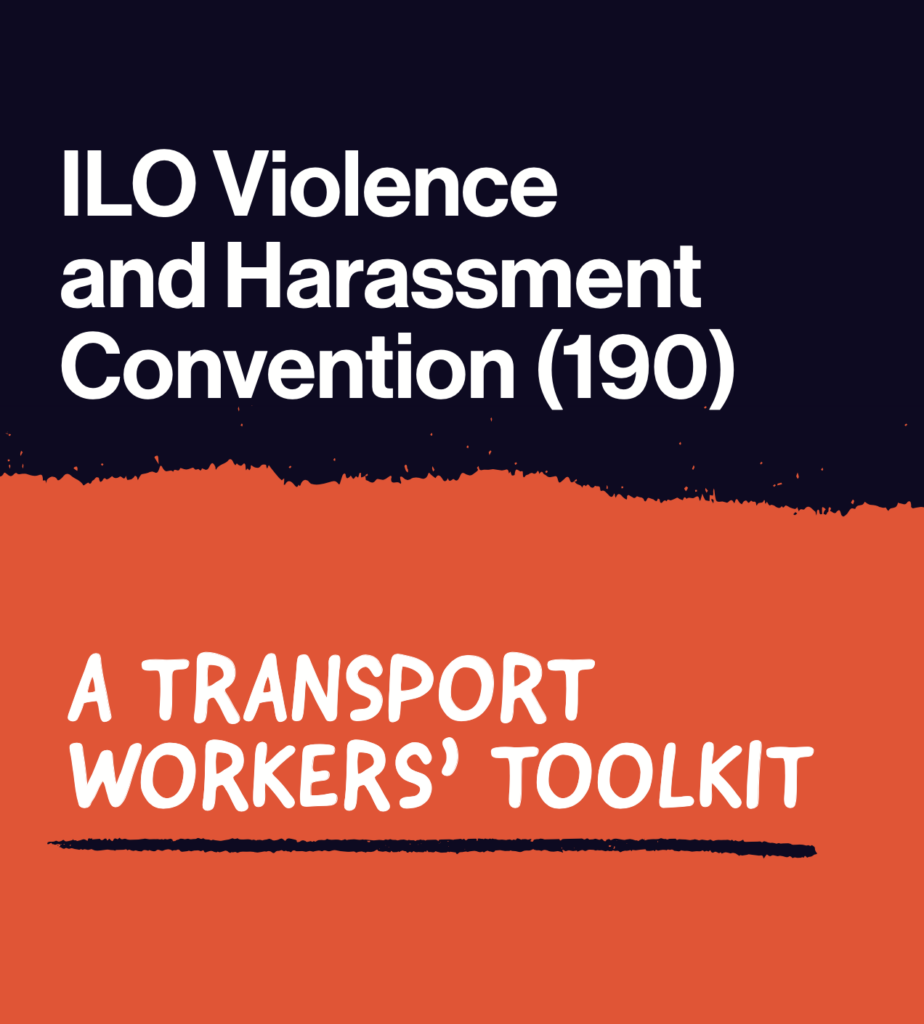The COVID-19 pandemic has caused mass social and economic disruption across the world. All workers have been affected by the pandemic. But the negative impacts of the crisis are falling disproportionately on women workers. Women workers have suffered a disproportionate loss of livelihoods, whilst also having to bear additional burdens of unpaid caring and domestic responsibilities. The impacts of the pandemic have also increased exposure to violence and harassment for women workers and studies have shown that reports of domestic violence have skyrocketed during the pandemic.
As part of the 16 Days of Activism against Gender-Based Violence, the International Transportworkers Federation (ITF) has launched a report which exposes how women transport workers were hit hardest by the COVID-19 pandemic – both at work and at home.
GLI Manchester was commissioned by the ITF to produce this research study to explore the impact that the COVID-19 pandemic has had on women transport workers, including in increasing exposure to violence and harassment, and to assess the long-term impact of the crisis on women
The research set out to gather evidence to build the case about the link between the pandemic and violence and harassment against women transport workers, to provide arguments for unions to secure a gender-responsive pandemic recovery, and to enable unions to use C190 as a tool to build movements to address violence and harassment. It identified three main impacts from the COVID-19 pandemic:
- Impacts on employment and working conditions
- Impacts on violence and harassment
- Impacts on action in the trade union movement
The research also identified several recommendations for how trade unions can work with governments and employers to address the impacts of the pandemic on women transport workers, and to integrate this into the COVID-19 response and recovery.
The study draws together research from seven ITF C190 project countries across West and Central Africa. Study participants included women workers, union members and leaders in both the informal and formal transport economy across four different transport sectors: aviation, road (passenger and freight), maritime and rail (passenger and freight).


